3l英语第一册讲课视频 3l英语第一册适合几年级学
3l英语第一册讲课视频 3l英语第一册适合几年级学
3l英语第一册讲课视频,以及英语学习资料。书中内容丰富,语言生动活泼,通俗易懂,适合中小学生阅读。本书可作为高等院校英语专业学生的教材,也可作为广广大英语学习者的自学参考书。同时,本书还可作为英语爱好者的自学用书。《新概念英语(第2册),口语交际篇(上下册)(英汉对照)(新版))》适合于高等院校英语专业本科生、研究生使用,也可作为广大英语爱好者的自学参考书。
一:3l英语第一册讲课视频
链接:https://pan.baidu.com/s/1UAL--1QkRJY9ICPF965m7Q
新学未胡金铭新概念英语第一册精讲班(Diana戴安娜老师)(高清视频)来自:百度网盘提取码: v38e复制提取码跳转
《新学未胡金铭新概念英语第一册精讲班Diana戴安娜老师》百度网盘高清资源免费在线观看
链接: https://pan.baidu.com/s/13uRKtOE72m9PfFyjT2vqzg
新学未胡金铭新概念英语第一册精讲班(Diana戴安娜老师)(高清视频)来自:百度网盘提取码: k7fb复制提取码跳转
二:3l英语第一册课件
有必要
相对于新概念英语,3L里面的情节更生动、趣味性强,人物性格也更鲜明,很容易引起孩子的兴趣。另外,3L可以说是新概念英语的青少年版,
三:3l英语第一册音频
Unit l Where did you go on vacation?
◆重点短语归纳
go to the mountains去爬山 go the beach 去海滩
visit museums参观博物馆 go to summer camp去参观夏
quite a few 相当多 study for为…… 而学习
go out出去 most of the time大都分时间
taste good尝起来很好吃 have a good time玩得高兴
of course当然 in the pass 在过去
feel like给.....感受,感觉。 go shopping 去购物
walk around四处走走 because of 因为
one bowl of一碗..... the next day 第二天
drink tea 喝茶 find out 找出;查明
go on 继续 take photos 照相
something important重要的事 up and down 上上下下
come up 出来
◆习惯用法、搭配
1. buy sth. for ab./ buy *** .sh.为某人买某物 2.taste +adj.尝起来.
3. nothing,but +v(原形)除了、…之外什么都没有
There was nothing much to do in the evening but read
晚上除了读书以外无事可做
4.seem+(to be)+adj看起来
5. arrive In + 大地方/ arrive at + 小地方到达某地
6. decide to do sth.决定做某事
7. try doing sth.尝试做某事/ try to do sth.尽力做某事
1)单数名词词尾加’s,复数名词词尾没有s,也要加's
the girl's pen女孩的钢笔 women' s shoes女鞋 on Children s Day
用于否定句、疑问句及条件状语从句中。
如: Did you do anything interesting? 你做了有趣的事吗?(表疑问) Why don’t you visit someone with me?
3. buy sth. for *** . 或 buy *** sth
例子: buy some books for me. =buy me some books
4.提建议的句子:
1 What /how about +doing sth? 如:What/How about going shopping?
2 Why don’t you +do sth? 如:Why don’t you go shopping?
3 Why not + do sth? 如: Why not go shopping?
4 Let’ s +do sth. 如:let’s go shopping?
5 Shall we/ I + do sth? 如:Shall we / I go shopping?
5.I arrived in Penang in Malaysia this morning with my
Family。
今天早我和家人到达了马来西亚的槟城。意为“到达”
③ reach +地点
6. nothing.....but.意为“除之外;只有”,如:
I have nothing to do but watchTV all day long .
2)复数名词以s结尾的只加
the students' reading room学生阅览室 Teachers' Day 教师节
4) 表示无生命的名词一般以of.构成短语,表示所有关系
a map of China -幅中国地图 he name of the story那个故事的名字
2 something interesting有趣的东西
1) something, anything, nothing everything是指物的不定代词。
如: I felt like I was a bird.我感觉我是一只鸟
另外,构成短 feel like doing sth.意为“想做某事”
如: I feel like eating.我想吃东西。
8. enjoy doing sth.喜做.;乐意做..
enjoy oneself过得愉快= have fun/have a good time
肯定
否定
许多
可数
a few
few
quite a few/not a few
不可数
a little
little
quite a little/ not a little
如: He has little money, but few students want to lend money to him.
There is a little milk and a few apples left in the fridge .
冰箱里还有一些牛奶和一些苹果。
11.seem意为“好像: 似乎: 看来”,是个连系动词,构成的短语有:
如: It seems that he was ill yesterday
作天他似乎病子
*** ell(闻起来) sound(听起来、) taste(尝起来)
12.(1) bored(adj),意为感到厌倦的、无聊的”其主语是某人:如 It was so boring这件事真没趣
(1)because of + 名词/代词/名短I had to move because of my job.
因为工作的原因,我不得不搬家.
(2)because+从句如: I do it because I like it.我做这件事是因 为我喜欢。
15. below意为在…下面;低于”,其反义词为 above,意为“在…面;高于
16 (1)形容词/副词+ enough如: wet/quietly enough 足够漂亮
(2)enough+名词 如enough umbrellas足的雨伞
同义句: She is too young to go to school(too...to... 太..而不能..)
She is so young that she cannot go to school
She is so popular that everyone likes her
(2) such+形+名词that +从句
She is such a popular girl that everyone likes her
so that(目的)
He gets up early so that he can catch the early bus
18.反身代词 myself/yourself/itself/herself/himself/ourselves/yourselves/ themselves 例:The child(herself) usually wears the clothes(herself)
19. What a difference a day makes!一天的差异多大啊
make a difference in.:对...有影响
difference可数名词,意为“差别,差异”;
其形容词形式为 different,意为“不同的;有差异的”。
2)Wha+ a/an+adj + 可数名词单数主语+谓语!
3) How+adj. /adv. +主语+谓语!
eg: 1. What an interesting book it is:=
How interesting a book is!
那本书多么有趣啊!
拓展: visitor意为“参观者;游客”。
eg: These visitors come from America.这些游客来自于美国。
22. I just stayed at home most of the time to read and relax
我大部分时间只是待在家里读书休息。
most of the time意为“大部分时间”
其中most为代词,意为“大部分;大多数”
拓展 most of…意为“…中的大多数”
它作主语时,谓语动词取决于 most of后所修饰的名词。
a. Most of us(are) going to the park.我们大多数人要去公园.
b. Most of the food(goes)bad.大部分的食物都变质了。
23. Did everyone have a good time?大家都玩得很开心吗?
have a good time= enjoy oneself= have fun玩得开心+( doing)
eg: We had a good time visiting the Great Wall
We enjoyed ourselves visiting the Great Wall
do some shopping
eg: I usually go shopping on Sundays.我通常星期天去购物。
拓展:“ go+doing”形式表示“去做某事”常用于表达从事某一体育活动或体闲活动。
go skating去滑冰 go hiking去远足 go sight seeing 去观
光
(1)activities是 activity的复数形式,意为(活动)。
Students like outdoor activities 学生们喜欢户外活动。
2) enjoyable形容词,意为“愉快的:快乐的”
I' m sure we will have an enjoyable vacation.
辨析: try doing sth/ try to do sth
1) try doing sth.尝试做某事,表示一种尝试、做做看的想法,不一定付出很多努力。
成,强调付出努力设法去完成。
a. I try calling him, but no one answered
1) wait for意为“等候”其质可接人或物。
Tom was waiting for a bus over there.
too much+不可数名词 意为“太多。”
much too+形容词 意为“太.”
31.辨析 T: forget to do st h.与 forget doing sth
forget to do sth.意为“忘记要做某事(事情还没做)”
eg: Don' t forget to close the window.
forget doing sth.意为“忘记做过某事(事情己经做过了)”
32. why not意为“为什么不呢”,一般用在疑问句中,表示提建议why not后面需跟动词原形。
注“ Why not+动词原形?”相当于“ Why don' t you动词原形?
-
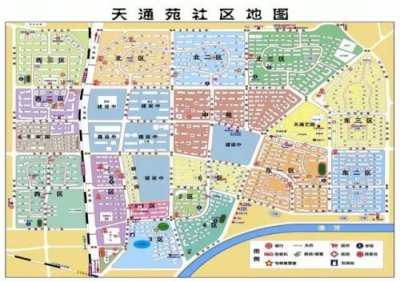
- 天通苑西三区二手房价格,天通苑西三区邮编
-
2023-10-12 10:42:47
-
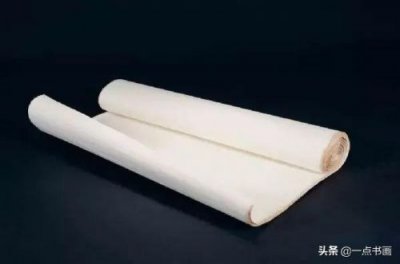
- 宣纸的种类及其用途 宣纸的种类及特点
-
2023-10-12 10:40:32
-

- 3d图库布衣电子报(3d图库布衣图1234)
-
2023-10-12 10:38:16
-
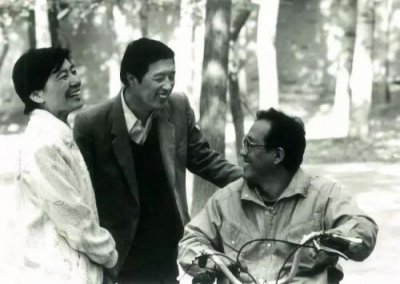
- 史铁生散文集有哪些?史铁生散文集读后感
-
2023-10-12 10:36:01
-
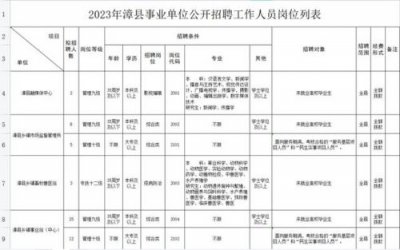
- 注册规划师报考条件2023(注册规划师报考条件及科目)
-
2023-10-12 10:33:46
-
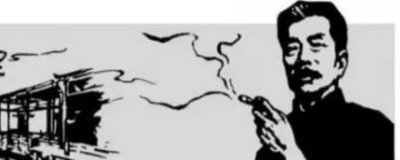
- 有关国庆节的文章有哪些?有关国庆节的文章600字
-
2023-10-12 10:31:31
-
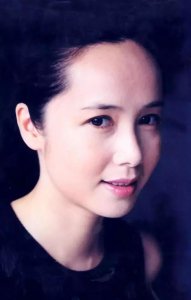
- 蒋雯丽主演的电视剧(蒋雯丽18部经典影视剧)
-
2023-10-12 06:51:12
-

- 柳云龙主演的电视剧(盘点柳云龙九部谍战剧)
-
2023-10-12 06:48:57
-

- 豆瓣电视剧排行榜前100(豆瓣评分人数TOP)
-
2023-10-12 06:46:42
-

- 评分最高的十部电视剧(十部豆瓣评分9.5以上华语剧)
-
2023-10-12 06:44:27
-
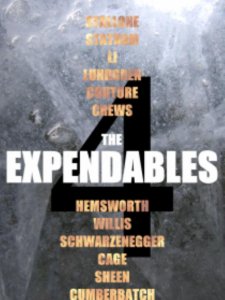
- 史泰龙所有电影(西尔维斯特·史泰龙电影全集)
-
2023-10-12 06:42:12
-

- 昆丁的电影作品(一生只拍10部电影的昆汀)
-
2023-10-12 06:39:57
-

- 喜羊羊与灰太狼大电影,喜羊羊与灰太狼大电影全部系列
-
2023-10-12 06:37:41
-
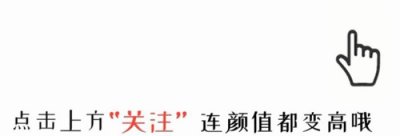
- 豆瓣高分电影排行榜(豆瓣高分烧脑电影清单)
-
2023-10-12 06:35:26
-

- 电视剧最美的青春(电视剧最美的青春分集剧情介绍)
-
2023-10-12 06:33:11
-

- 女同性恋电影,新推出100部LES拉拉电影
-
2023-10-12 06:30:56
-
- 焊接工业机器人品牌有哪些?焊接工业机器人虚拟仿真实验报告
-
2023-10-12 03:57:47
-

- 加代大哥简介老婆(加代大哥简介是否真实)
-
2023-10-12 03:55:32
-
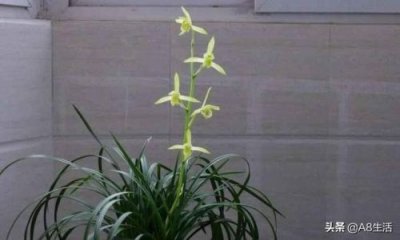
- 蕙兰瑜伽高级第十六集(蕙兰瑜伽高级62集)
-
2023-10-12 03:53:17
-

- 三星s4发布会(三星zflip4发布会)
-
2023-10-12 03:51:02



 70后退休工资一览表(70后最新退休年龄表)
70后退休工资一览表(70后最新退休年龄表) 今世缘等着我2023年最新一期(等着我今晚播出)
今世缘等着我2023年最新一期(等着我今晚播出)